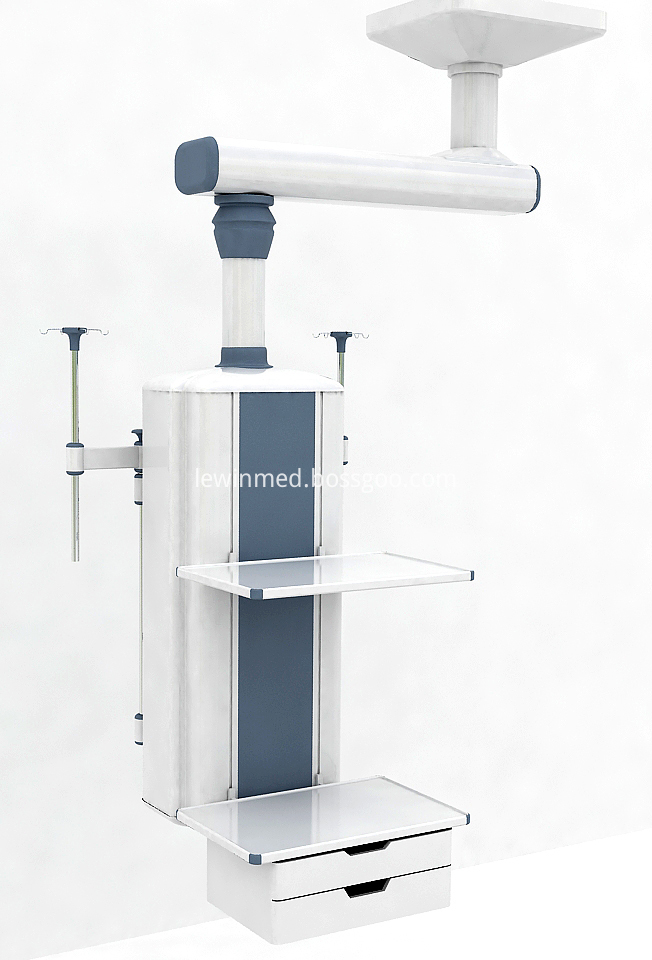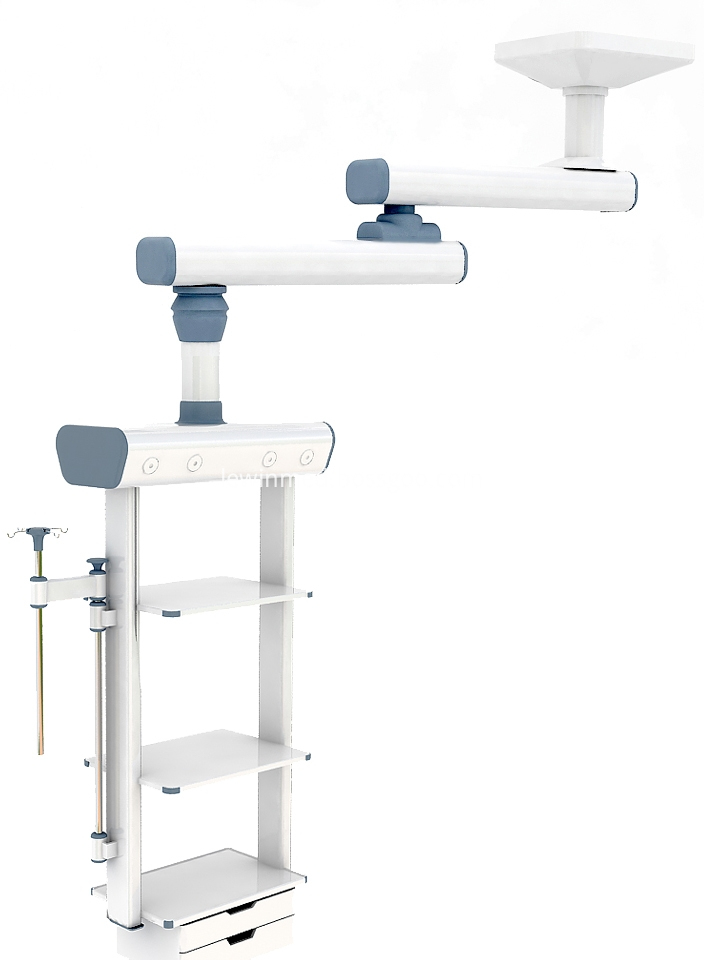Science's major discovery: tumors carry seeds that destroy themselves
March 16, 2016 Source: Medical Valley
Window._bd_share_config={ "common":{ "bdSnsKey":{ },"bdText":"","bdMini":"2","bdMiniList":false,"bdPic":"","bdStyle":" 0","bdSize":"16"},"share":{ }};with(document)0[(getElementsByTagName('head')[0]||body).appendChild(createElement('script')) .src='http://bdimg.share.baidu.com/static/api/js/share.js?v=89860593.js?cdnversion='+~(-new Date()/36e5)];Scientists have made a breakthrough study that identifies how the immune system can recognize and exploit the complexity of a tumor, even when the disease is at its most advanced stage. The findings, published in the journal Science, can guide future immunotherapy and improve the use of existing immunotherapeutics.
As tumors develop, the diversity of their genetic defects is marked on the surface of cancer cells, and unique mutations appear in different parts of the tumor.
Crucially, by analyzing data from hundreds of patients in previous studies, the researchers found that some of these markers—antigens represent the earliest mutations in the disease, appear in all cells in the tumor, not part of the tumor cells. on.
In the laboratory, they then isolated specialized immune cells, T cells, from samples from two lung cancer patients, which recognized these common markers on all tumor cells.
Although they have the potential to eliminate all cancer cells in the tumor, these powerful immune cells are shut down by the defense of the tumor.
The study paved the way for the development of a number of treatment-based genetic markers that specifically activate these T cells while targeting all tumor cells. In the future, scientists can use this research to develop a therapeutic vaccine to activate T cells, or to harvest, grow, and transport T cells back into patients, identifying antigens common to all cancer cells.
Dr. Sergio Quezada, co-author of the paper, scientist at the British Cancer Research Center, and director of the Immunoregulation and Cancer Immunotherapy Laboratory at the University of London Cancer Institute, said: "The body's immune system is like a policeman trying to deal with criminals: cancer. Genetically diverse tumors Like a group of rogues from robbery to smuggling of different crimes. The immune system struggles to control cancer – just like when there are too many crimes, the police can do nothing.â€
"Our research shows that we don't want to chase crimes in different neighborhoods. We can provide the police with the information they need to capture the central figures of all organized crimes (patients' tumor weaknesses) and eliminate problems once and for all."
The genetic complexity of cancer labeled with tumor antigens occurs when cancer evolves in a branched manner. These earliest defects present in all cells form the "trunk" of the disease, while subsequent mutations occur only in some cancer cells, not all cancer cells. These "branches" make the disease adaptive and resistant.
The co-author of the paper, Professor Charles Swanton of the University College London Cancer Institute and the FrancisCrick Institute, said: "This is very exciting. There is evidence that complex tumors carrying many mutations will increase the chances of the immune system discovering them; now we can give priority Targeting the antigens found in all cells - the Achilles heel of these highly complex cancers."
“This opens up a new way to observe tumors in individual patients, analyze all antigenic variations, prioritize antigens present in all tumor cells and identify immune T cells that recognize them, so as to find the best way to Immunotherapy works. This is fascinating, pushing individualized medicine to the limit and allowing each patient to receive a unique, customized treatment."
Cancer immunotherapy is a therapy against the human immune system rather than directly against the tumor. It has been used for more than 30 years and it treats the human immune system rather than directly targeting the tumor. In recent years, research on cancer immunotherapy has made many breakthroughs.
T cell therapy has great potential for cancer treatment, but the side effects can be very serious. To this end, scientists at the University of California, San Francisco, UCSF have developed a molecular switch that tightly controls T cell activity. This technology is expected to address the serious side effects of T cell therapy and overcome important barriers to this therapy. Related papers were published in the September 2015 issue of Science.
In a study published in the October 2015 issue of Science, researchers from the Dana-Farber Cancer Institute, Harvard Medical School, Boston Children's Hospital, and Stanford University have discovered through international collaboration that important immune cells can be stabilized. A mechanism that controls their better fighting brother cells, thereby protecting normal, healthy tissues from attack. This study finds great significance for cancer immunotherapy: by blocking this mechanism with drugs, it is possible to convert the suppressor cells into tumor-attack cells.
In November 2015, researchers at the University of Chicago improved the ability of the mouse immune system to attack tumor cells by introducing a specific bacterium into the digestive tract of melanoma mice. This benefit is comparable to treatment with a checkpoint inhibitor such as the anti-PD-L1 antibody. Two research papers were published in the journal Science.
Creport3000 Series Medical Pendant
Creport3000 Series Medical Pendant equipment used in modern clean operation rooms and general operation rooms. It is an ideal and practical endoscopic workstation . This pendent is a practical equipment used in modern clean operation rooms and general operation rooms . All kinds of terminals such as for medical gas , electricity , network are all gathered on the control board.


Anesthesia Pendant,Ceiling Pendant,Hospital Pendant,Medical Gas Pendant
Shandong Lewin Medical Equipment Co., Ltd. , https://www.lewinmed.com